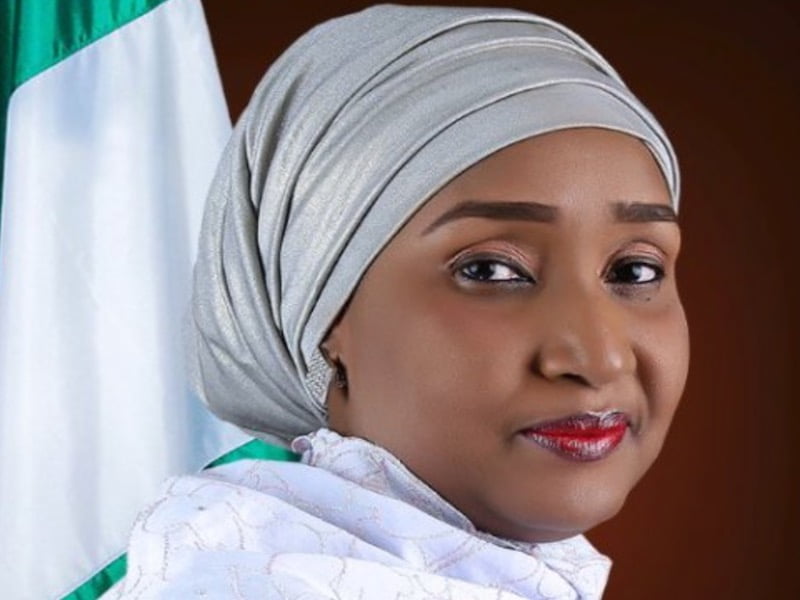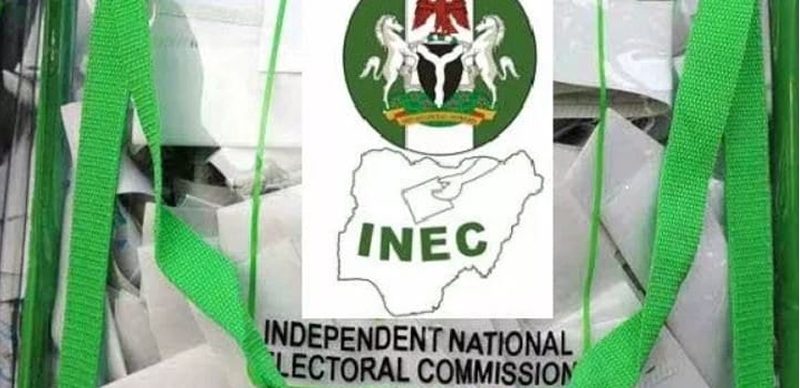The Federal Government says it will start a disaster risk information awareness to inform the public on the consequences of illegal oil bunkering.
This is contained in a statement on Friday in Abuja by Ms Nneka Anibeze, the Special Assistant on Media to the Minister of Humanitarian Affairs, Disaster Management and Social Development, Sadiya Umar-Farouq.
Umar-Farouq made this known when a Federal Government delegation visited Imo to commiserate with the government on the explosion, which occurred at Abaezi forest, Ohaji Egbema Local Government Area.
The News Agency of Nigeria (NAN) reports that there was an explosion at a forest in the Abaezi community in Ohaji-Egbema Local Government Area of Imo on April 23 and it claimed many lives including property.
The minister was represented by Mr Alhassan Nuhu, the Director, Reliefs and Rehabilitation in the National Emergency Management Agency (NEMA).
According to her, government will implement risk strategies to create awareness on the consequences of illegal crude oil refining among the locals.
She called on traditional rulers, religious heads and community leaders to advocate against illicit bunkering of oil in the communities.
“Our visit today is to condole with the good people of Imo and also access the extent of the disaster to ascertain the volume of relief to be provided for the victims for the purpose of assisting them to build back better.
“We shall provide the necessary disaster risk information and assessments as well as implement risk strategies to create awareness on the consequences of illegal crude oil refining to the local communities.
“I implore community leaders, traditional and religious leaders, women and youth groups to join hands with NEMA to serve as watchdogs and continuously advocate the safe use of refinery facilities in their communities.”
Umar-Farouq said this was to protect lives, property and the environment, adding that it was obvious that disaster risk management was first a local and collective endeavour before it becomes national.
“We also call on security agencies to collaborate with the regulatory bodies in the oil and gas sector to nip this ugly trend in the bud.’’
Earlier, Dr Princess Ibrahim, the State Commissioner for Humanitarian Affairs, Disaster Management and Social Development said that most of the people who lost their lives in the explosion were farmers and hunters.
Ibrahim said: “It will be wrong to assume that all who died were illegal oil miners.” (NAN)






